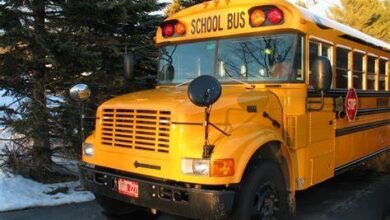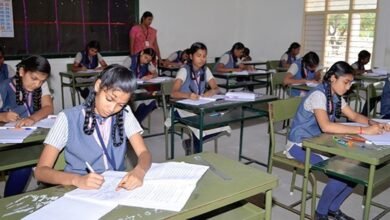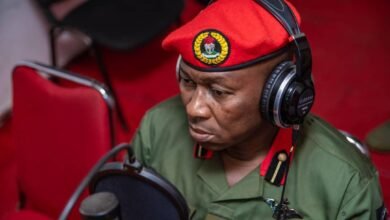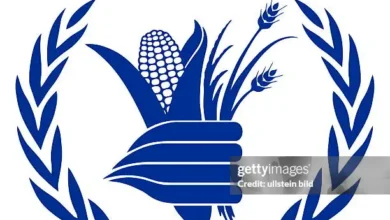FG Introduces Sign Language into Basic School Curriculum
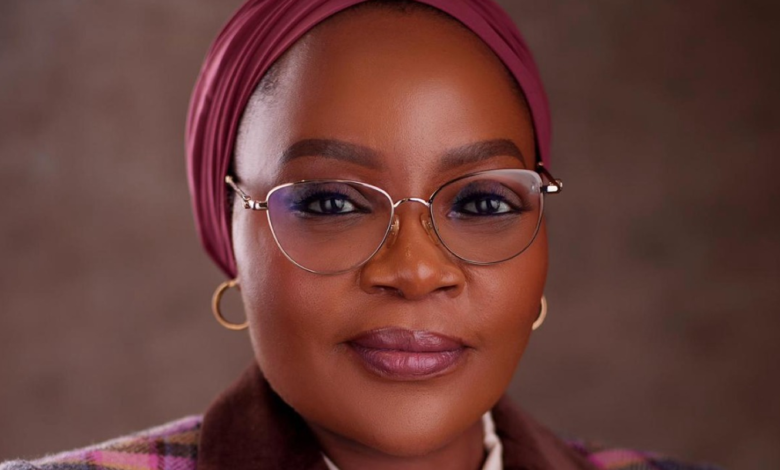
In a landmark move toward inclusive education, the Federal Government has announced a new policy mandating the teaching and learning of sign language in all basic education schools across Nigeria. The initiative aims to ensure that no child, regardless of ability, is left behind.
The Executive Secretary of the Universal Basic Education Commission (UBEC), Aisha Garba, disclosed the policy during the 2025 International Day of the Girl Child celebration in Abuja, themed “Lead a Change: Learn Sign Language Today.”
Garba explained that the new policy underscores the Tinubu administration’s commitment to inclusion, particularly in the education and empowerment of girls. “We celebrate not only the potential of the girl child, but also reaffirm our collective responsibility to amplify her voice, protect her dignity, and equip her for leadership, regardless of her abilities or challenges,” she said.
According to Garba, sign language instruction will become a compulsory part of the basic education curriculum nationwide. She added that a policy framework has already been developed to institutionalize the initiative and support it with infrastructure upgrades such as ramps, accessible classrooms, and inclusive learning materials.
“Imagine a country where hospitals, banks, supermarkets, airports, and schools all have sign language interpreters, then we will have a system without communication barriers for our hearing-impaired children. That is the vision we are working toward, one school, one change at a time,” she said.
Minister of State for Education, Prof. Suwaiba Ahmad, reaffirmed the government’s commitment to removing barriers to learning and ensuring that every child, regardless of background or disability, can access quality education.
“This moment reaffirms our nation’s commitment to inclusive education, to the rights of persons with disabilities, and to the expansive potential of every girl learner,” Ahmad said. “Every girl deserves a voice, a seat at the table, and a path to success in education and life.”
The policy marks a significant step in addressing communication barriers in classrooms and empowering children who are deaf or hard of hearing. While Nigeria does not yet have a unified national sign language, American Sign Language (ASL) remains the most commonly used form across schools and among interpreters.
This move aligns with the United Nations Convention on the Rights of the Child, which guarantees the rights of children with disabilities to education, dignity, and full inclusion in society.
By institutionalizing sign language learning in schools, Nigeria is affirming that every child’s voice matters and that every child deserves to be heard.

